5 Mythological Era’s God of War Could (and Should) Go to Next
Games that immediately come to mind after hearing the term action-adventure, God of War series is one of them. Santa Monica Studio and Sony Interactive Entertainment have taken the gaming world by storm by introducing Kratos. Set in a mythological background, this god-like figure can take down every powerful God to reach his goal. Initially, the series opened with Kratos’ fight with the Greek Gods, and he wiped out almost everyone, except for Artemis and Aphrodite.
Considering this fact, the setting was changed to Norse Mythology after the first trilogy. The audience not only accepted this shift but enjoyed the fights of Kratos with the Nordic Gods. This shift shows that the developers are open to change and explore different mythologies to give their story a new route. So, players can assume that after slaying the monsters of Norse mythology, Kratos will again change his destination; but the question is where will he go next? Santa Monica Studio hasn’t yet revealed when they will release the next part or where it will be set. But considering the worldwide popularity of God of War, it doesn’t seem like they will give a long break. So, we have listed a few mythologies that we think can be potential contenders to the next destination of Kratos.
5. Celtic Mythology
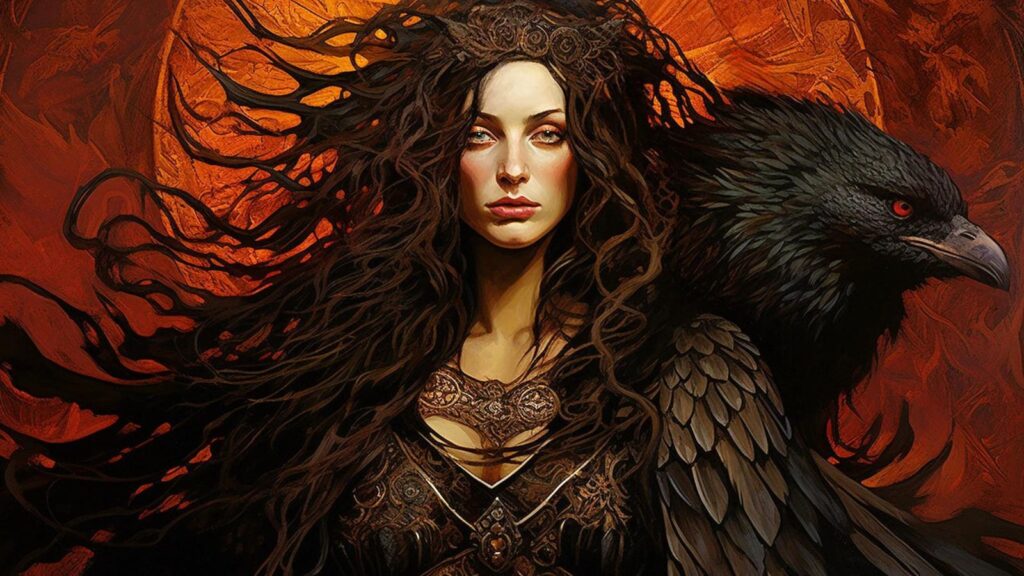
One of the next potential eras that can fit Kratos’ power is the Celtic mythology. Though several other European mythologies can be the next destination of the next God of War, Celtic mythology comes at the top. After the Roman invasion, lots of their mythology was lost, but fortunately, some stories and lores are still intact and properly recorded by historians.
Celtic Gods and their realm can be the next destination that Kratos explores after the events of Ragnarok. Celtic people believed that three sisters corresponded to every war and fate. These are Badb, Macha, and Nemain, who are combinedly called The Morrigan.
However, the only problem with setting a game in the background of Celtic mythology is that the mythology is massively spread and people interpret the mythological events in numerous ways. But that’s also a challenge for the developers that Santa Monica can take if they want.
4. Slavic Mythology
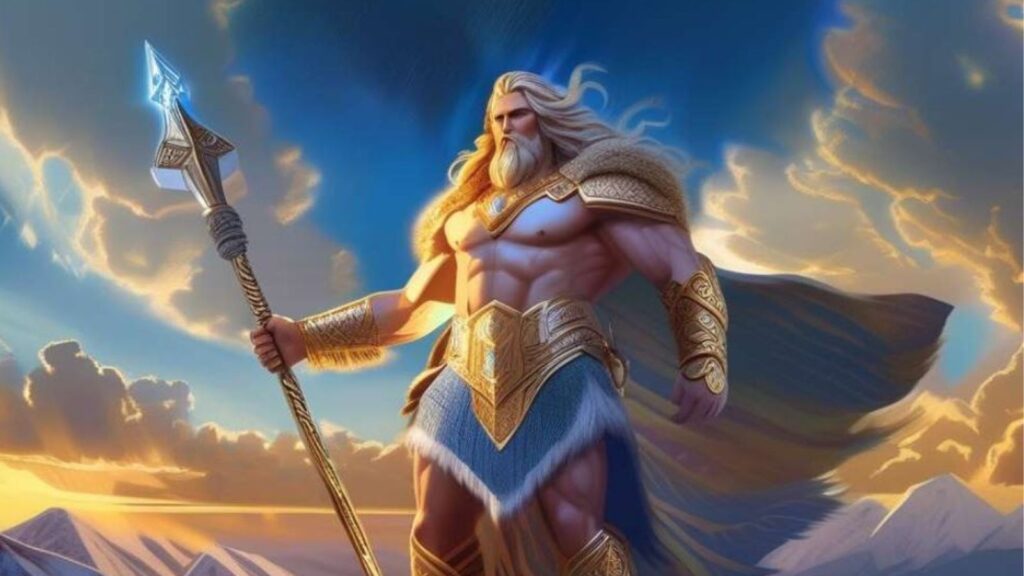
Slavic Mythology can be another great destination for Kratos to land after his Ragnarok Journey. If you are unsure of Slavic mythology, let me explain, this mythology recorded the religious beliefs, myths, and ritual practices of the Slavs before they were converted to Christianity. Slavs used to be the largest European ethnolinguistic group, scattered throughout Eastern, Central, and Southeastern Europe. Their mythological events cover three realms: Earth, Heaven, and the Underworld.
This mythology has multiple myths and locations to explore. Kratos can find powerful enemies among Kikimora, Baba Yaga, Perun & Veles, etc. Here one must especially consider Perun as he used to be the Slavic god of war, law, and lightning. So, if Santa Monica Studio can twist his character, this God can be the final boss in the next God of War game.
3. English (Anglo-Saxon) Mythology
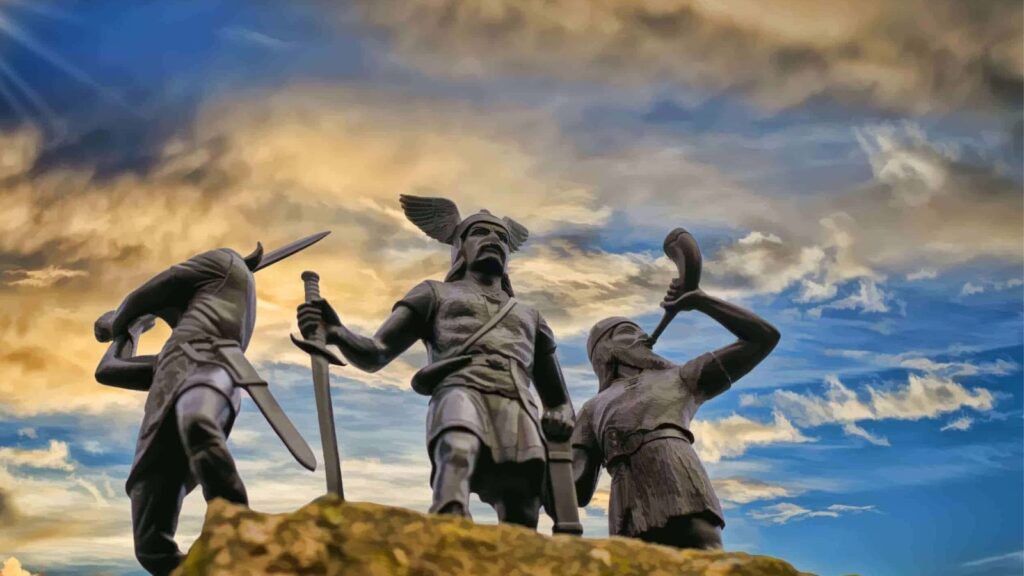
English mythology can be another great option that Santa Monica Studio explores for their next God of War journey. Because the English Isles were invaded several times by different people, their mythological stories are a combination of Celtic, Viking, and Roman traditions with tales inspired by the French Normans and Germanic Saxons. Even God of War has a few references to English mythology, given Mimir’s Celtic Origins in Scotland.
If one looks back at Anglo-Saxon mythology, one will find several powerful deities that can form a great opposition strength against Kratos. Woden used to be their god of war who can be the final enemy players face in the virtual God of War. Apart from him, there is Thor who used to be considered the god of thunder, and Wyrd, who was the god of fate. If the developers modify these gods, maybe they can find an exciting plot to set their story.
2. Japanese Mythology
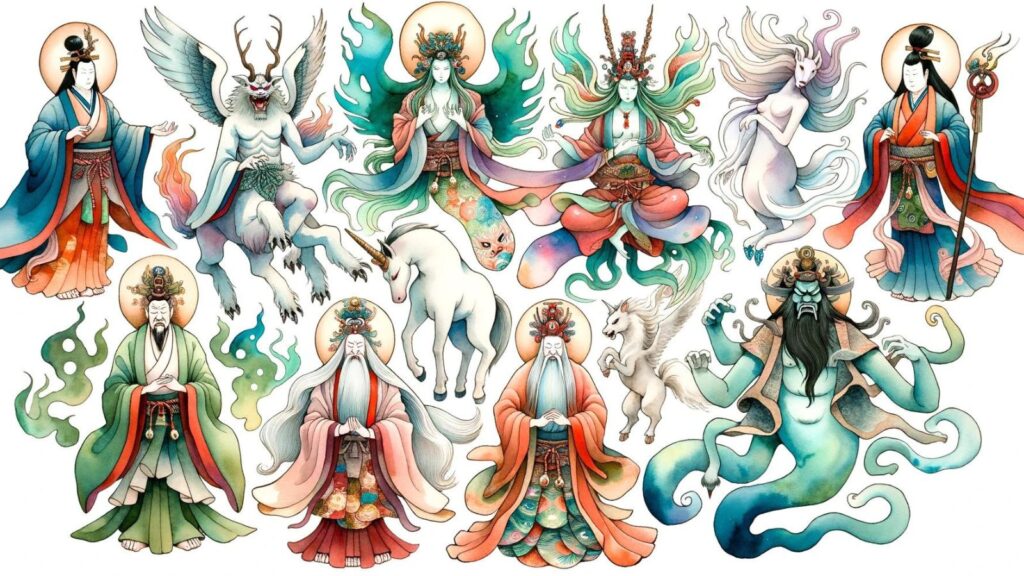
Japan is rich in mythology and tradition. There’s uncountable folklore to explore in Japan. So, this can be one of the best destinations for Kratos to start his new adventure. If the God of War comes to Japanese mythology, there are different roads to explore. First, the developers can consider the renowned tale of the eternal conflict between Amaterasu and Susanoo. While the first one is the god of the Sun, the latter is the god of the Storm. Lots of Japanese Manga series have already explored these themes. So, players will probably find it amusing to explore it again with Kratos.
SUGGESTED: 5 of the Best Two-Player Games to Play this Holiday Season
Next, the developers can also focus on the Japanese Shinto religion. These people believe in the supernatural entities whom they call Kami. They believe Kami inhabits all the places, including forces of nature and prominent landscape locations. These folklore have its own demonic force, Yokai, who can be a strong opponent for Kratos.
1. Egyptian Mythology
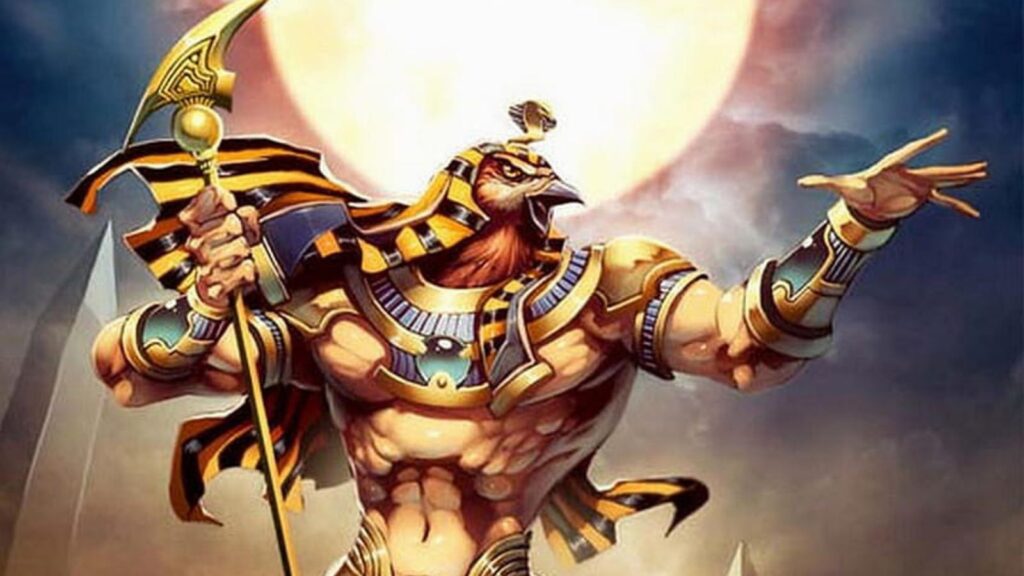
Egypt is a continent full of myths and mysteries. After Greece and the Norse, the next country that is integrally associated with myths is Egypt. So, naturally, Kratos may go to explore some of the Egyptian myths on his next journey. Egypt has a vast and complex mythological background, with multiple interpretations of the events. These myths feature interesting gods who can be the powerful rivals of Kratos.
In Egyptian mythology, the god of war is called Montu. He can be the final boss to deal with in the God of War. Apart from him, Kratos can fight Anubis, Osiris, Horus, etc., and many other powerful gods and goddesses to explore the myths.
These are only a few names we have mentioned but the scopes are boundless. Santa Monica Studio can feature any mythology as their next destination as Kratos is immensely powerful to make his way in every era.





